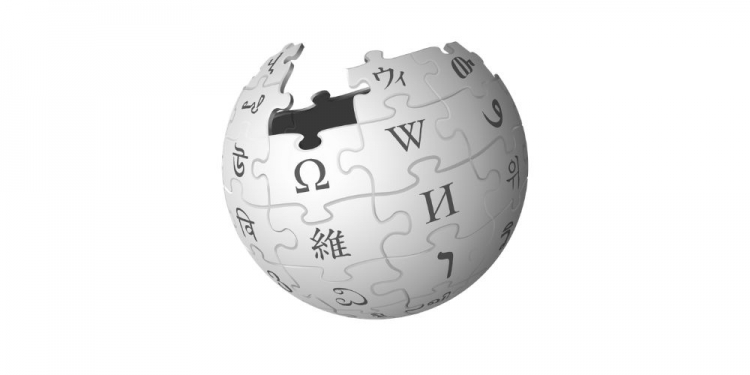The Wikimedia Foundation—the non-profit movement responsible for Wikipedia—announced that it’s planning to launch a new paid service, Enterprise, for companies that use Wikipedia data later this year. However, it stated that it won’t change how Wikipedia currently works.
Enterprise will be offered to big-tech companies like Google and Facebook. It will include “a premium version” of Wikipedia’s API—a tool that lets you scrape and re-host Wikipedia articles. Paying customers could get data delivered faster or formatted to meet their needs or even get new options for sorting and posting it.
Many big tech companies like Google and Apple are partly powered by Wikipedia. Voice assistants like Alexa and Siri would source their information from Wikipedia as a way to fight misinformation.
“We have a big job ahead of us, no doubt about it,” said Lisa Seitz-Gruwell, Wikimedia foundation’s chief revenue officer.
She also added that the “job” in itself “requires revenue growth”. However, Wikimedia said that it doesn’t expect Enterprise to be the primary source of funding for the foundation’s roughly USD 100 million (RM412 million) budget—user donations would still carry “most of the load”.
Wikimedia said that Enterprise “isn’t forcing Big Tech to pay” for their service, but it could solve some problems currently faced by the companies—like letting companies display the most reliable community-made edits instead of newer, unvetted ones. It could also stop false articles from ending up on their own platforms.
“This is about setting up the movement to thrive for decades to come, to weather any storm, and to genuinely stand a chance at achieving the mission first conceived 20 years ago,” said Wikimedia.
While I’m more than happy to let Wikipedia make big tech companies like Google, Apple and Facebook pay them for reliable information, my co-worker Nic pointed out that this could mean that the same big tech companies would make us pay for the information in some way, too. Reliable and free information from Wikipedia has usually been something we all needed, but rarely appreciated—so to have information possibly be a “paid service” in the future is a little scary.
[ SOURCE, IMAGE SOURCE ]








